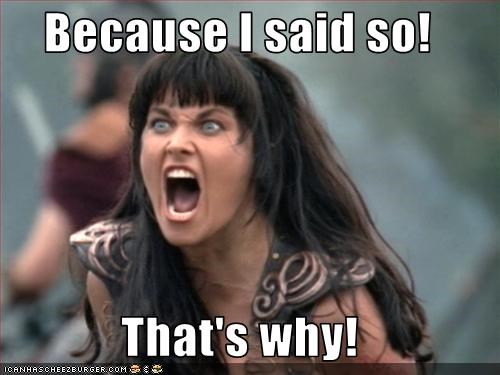Why do you use "primitive???"
I allready explained it to you.
How can an educated man like you use ridiculous words like "primitive" when describing a modern and very important language?
As you see... it is possible... only you don't want understand on puropse what I mean by this word...

English is not more primitive compared to "aenglisc", OK?
You gave yourself an example with "our"!
Where are these two or three other forms?
If aenglisc is not conviced to you - compere
english to pragermanic or plattdeutsch.
"Thy" and "thou" are still used but only in religious texts or if you write a poem.
But this is arcaic, and no one teach this.
Normal speaker probably even doesn't understand this words.
When I first time saw this words in text, 1) I couldn't find what they mean in dictionaries, and
2) I was shocked, that such usefull words, are not useing - but everything is "you" and "your".
So: thou and thy a.s.o. - it is good kind of language, but only "you" - this is primitivism.
I don't belive, that you do not see this.

So they don't use words that are unnecessary for them.
The reason does not change the result. :grin:
This does not mean they are regressing or "devolving."
Ofcoure not, because you said so...

It's just not necessary to use "thy" and "thou."
But this "not necessary" I called primitivism.

Some tribes have no need for more that one numeral.
By your way of thinking, language without numbers,
is the same advanced language, as this one who has
centysilion numbers... because if there is no need for
using something from prctical causes, that does not
mean, that language is primitive... right?

The Old English Text is read as it is written with old Germanic pronunciation and tone

But I subconsciously had in mind regular english-speaker.
For example, when you are giving aenglisc texts to your
students, how they read this?

I'm only curious

You seem to want to prove somethng that needs no proving.
I do not want prove anything, because there is no need for prooving, as you said.
Rather you want to contradict something, that is obvious, and for what you yourself
give prooves. From my side, I can tell, that present day polish is more primitive than
old polish or oldslavonic. We losed aoryst, dualis, some past tenses, ó, rz, h, ł, vowel
length, some interesting words... and now we are loosing vocative... but, if you really
want, you can still use some of this quantities... some of them are still aceptable (like
thy and thou) but some could be not understand by regular speaker. So, present day
polish is a little more primitive than his predecessors... old polish... or praslavonic.
That means, that this is devolution, not evolution.
Another example is "where" and "were".
Do exist (still) a difference between "w" and "wh"?
Again just because nelgh might be difficult for you to learn does not mean its werid or primitive.
You are still not talking about the same, about I am talking or Ike - and what we mean is so obvious...

I think, that you are doing this on purpose, because this is impossible, that you didn't get it yet...



